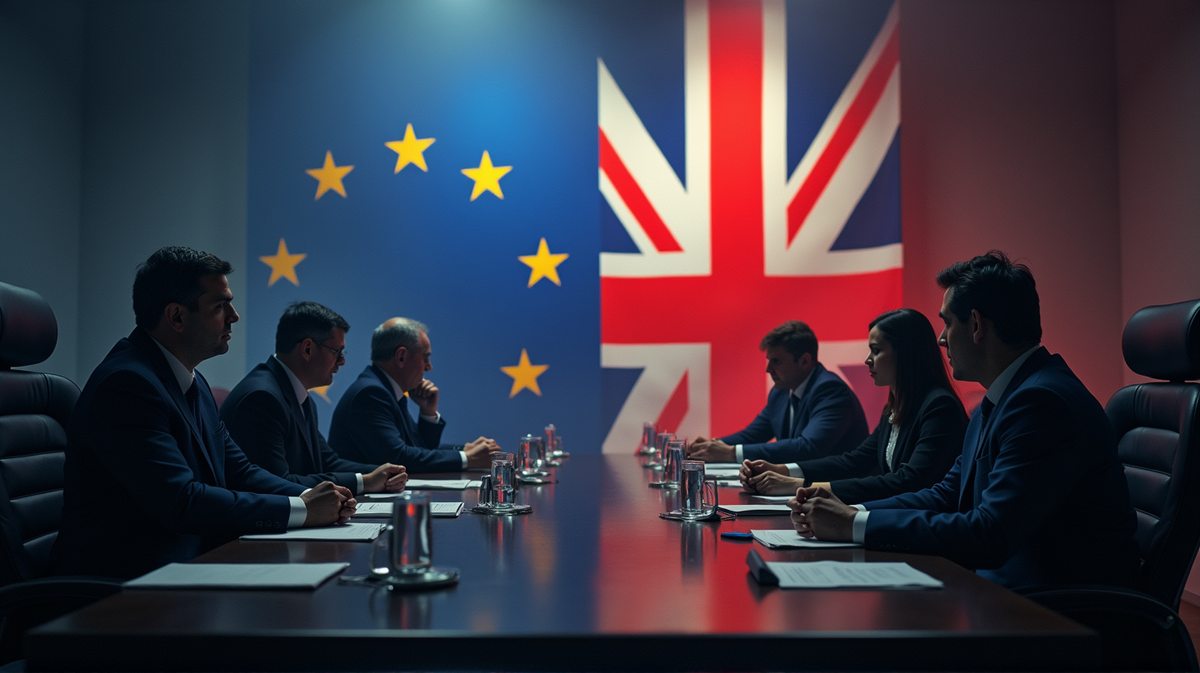Rachel Reeves: How Brexit's Long Shadow Looms Over UK's Economy
Rachel Reeves reveals the extensive impact of Brexit on the UK economy at a key international meeting with global finance leaders.

The Long-Term Impact
In a decisive move during a significant global meeting at the International Monetary Fund (IMF), Chancellor Rachel Reeves highlighted the enduring repercussions of the 2020 Brexit deal on the UK economy. Her comments mark a pivotal moment, where the effects of the agreement negotiated under Boris Johnson’s Conservative government are manifesting in stark economic realities.
A Call for Acknowledgement
The Chancellor did not mince words when addressing finance ministers and central bankers from around the world. She emphasized that the UK recognizes the substantial 4% long-term economic setback, a figure quoted by the Office for Budget Responsibility. “The UK’s productivity challenge has been compounded by the way we left the European Union,” she declared, underlining a newfound willingness to confront economic shortcomings head-on.
A Strategic Shift
This shift in tone from the Labour party comes after a period of reticence about fully acknowledging the economic downsides of Brexit. As per the remarks published over the weekend, this change aligns with Labour’s strategic pivot post their recent conference, targeting more transparent discussions on Brexit’s fallout on productivity and trade.
Preparing for the Budget
Leading up to the November Budget, Reeves’ statements are seen as groundwork for the anticipated tax measures necessary to counteract the decline in productivity. According to BBC, Reeves had previously announced tax increases totaling £40bn annually, but she aims to avoid further hikes by addressing these emerging economic challenges effectively.
The Broader Political Arena
The political landscape remains divided, with the Conservative party outlining potential spending cuts in contrast to Labour’s stance. The focus is not just domestic—European ministers have also urged ambition in Brexit talks, aiming to mediate the trade turbulence affecting global markets.
Looking Ahead
With the UK’s economic future inextricably linked to the decisions made in upcoming negotiations and policies, Reeves’ candid acknowledgment marks a critical step. The narrative she shares pertains not just to numbers and policies but also to a broader strategic vision that strives for stronger trade ties while addressing foundational productivity issues. As stated in BBC, this reshaping of relationships and economic strategies signals an era of recalibration in a post-Brexit UK.





